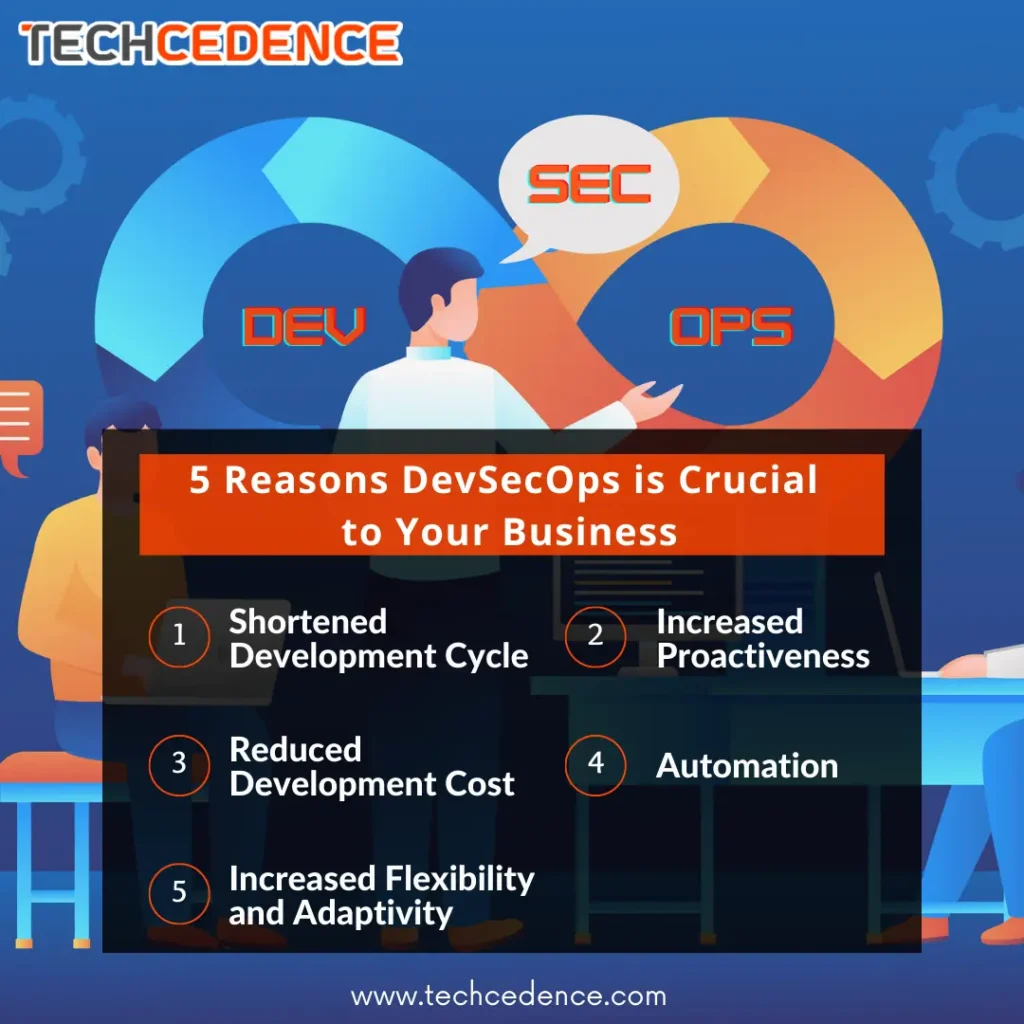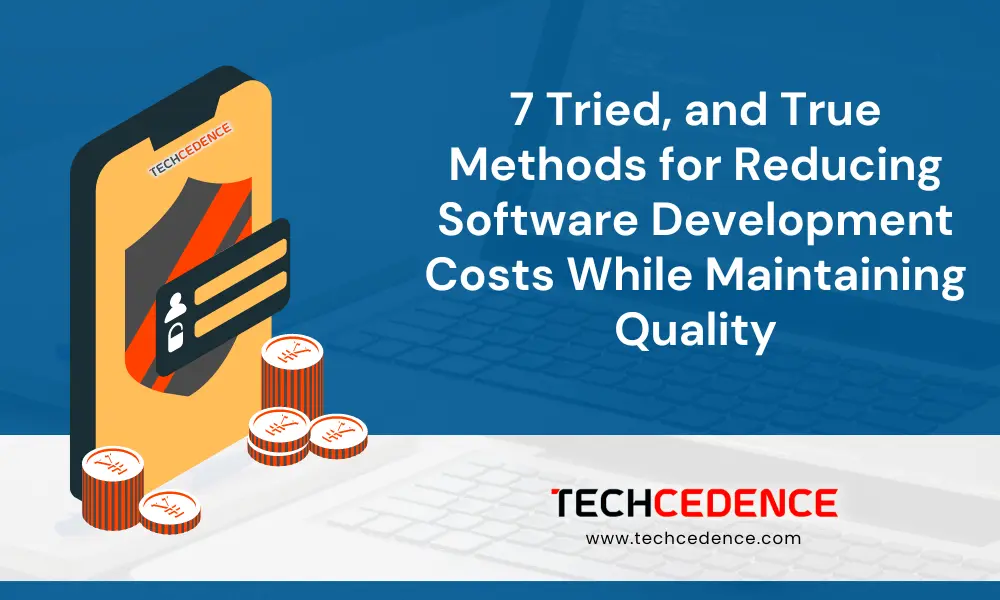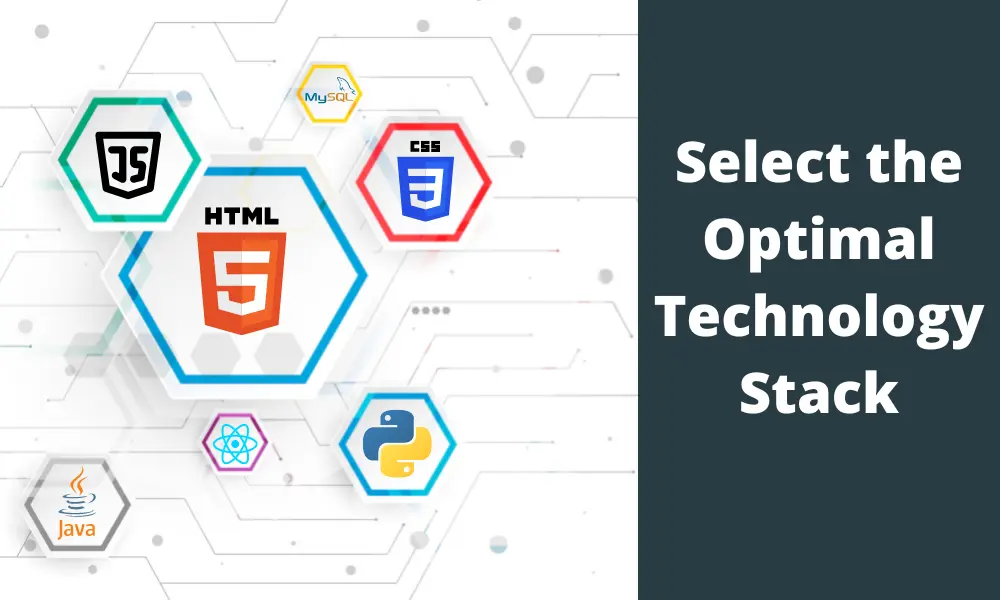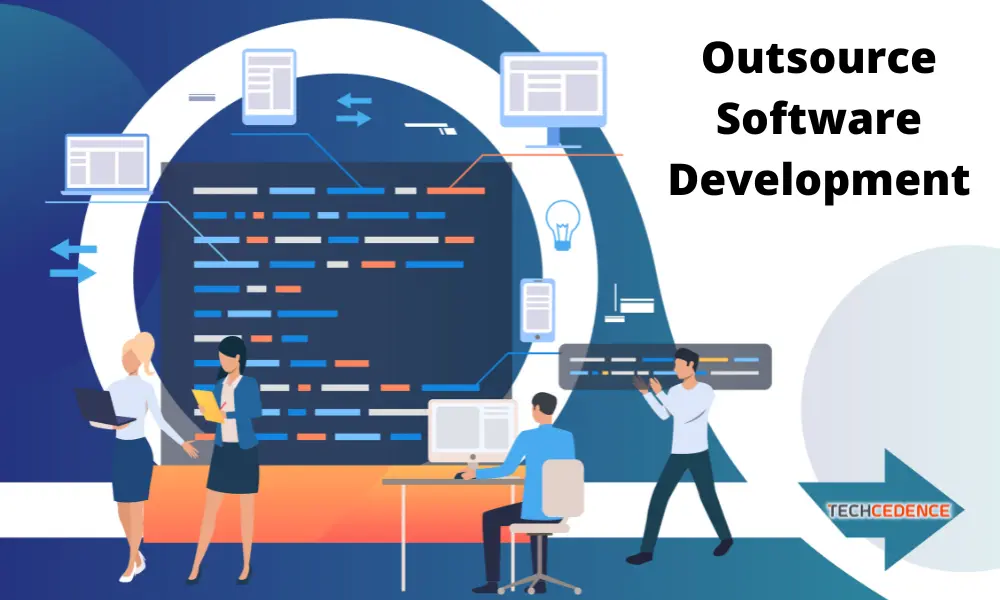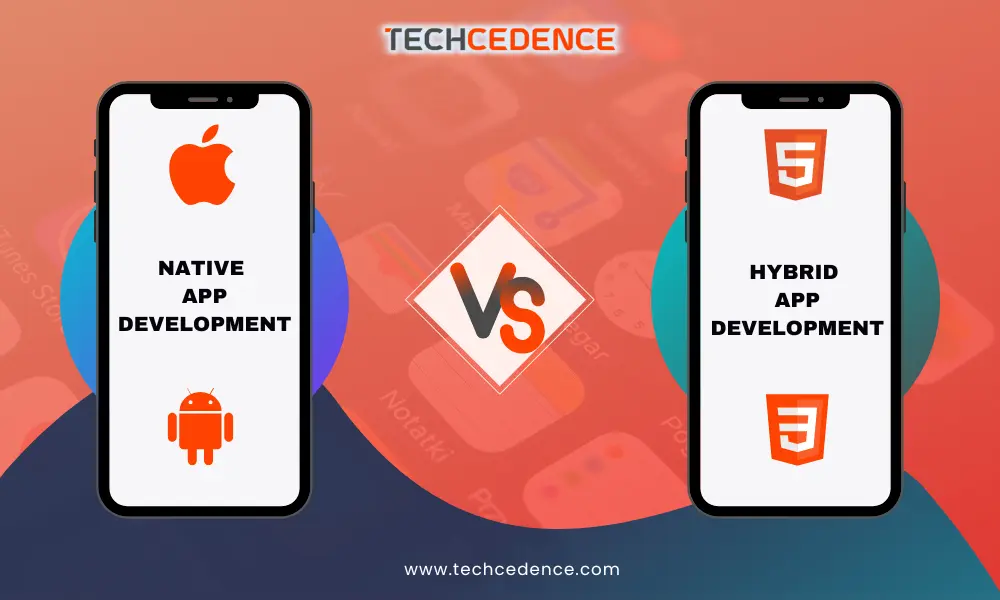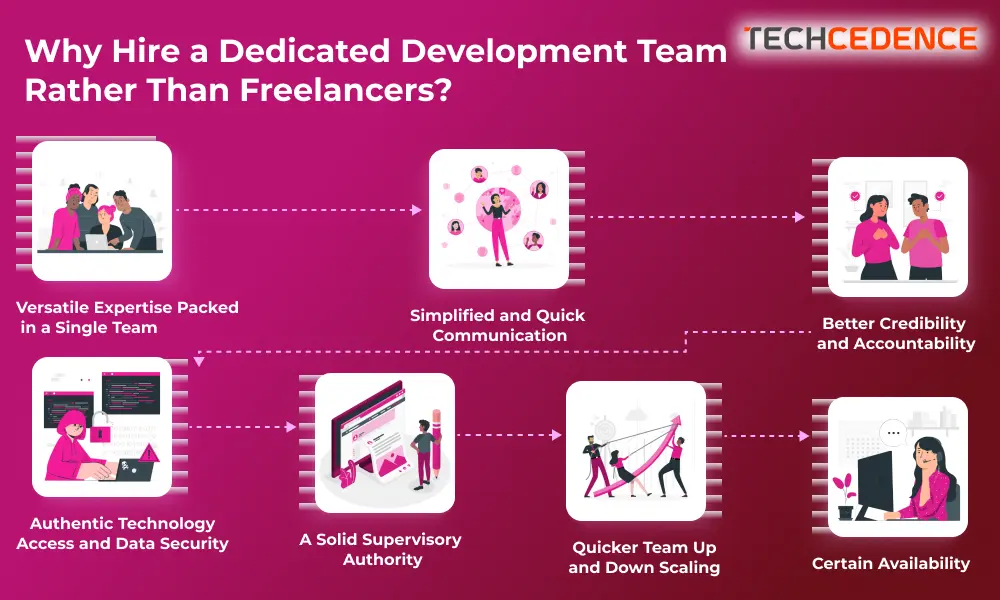It has Google’s support and offers multiple benefits, including high performance, lesser coding, and access to an extensive community. It is one of the top four mobile app development frameworks, and its apps have 10-12 billion downloads!
Yes, readers, we’re talking about Flutter, a cross-platform application development framework! Flutter was introduced by none other than Google. It created a buzz among developers ever since it saw the light of launch in 2018. But what makes Flutter so popular? Let’s find it out in this blog that highlights six reasons.
7 Reasons Flutter is Popular for Cross-Platform Application Development
Here are seven vital reasons that constitute Flutter’s popularity.
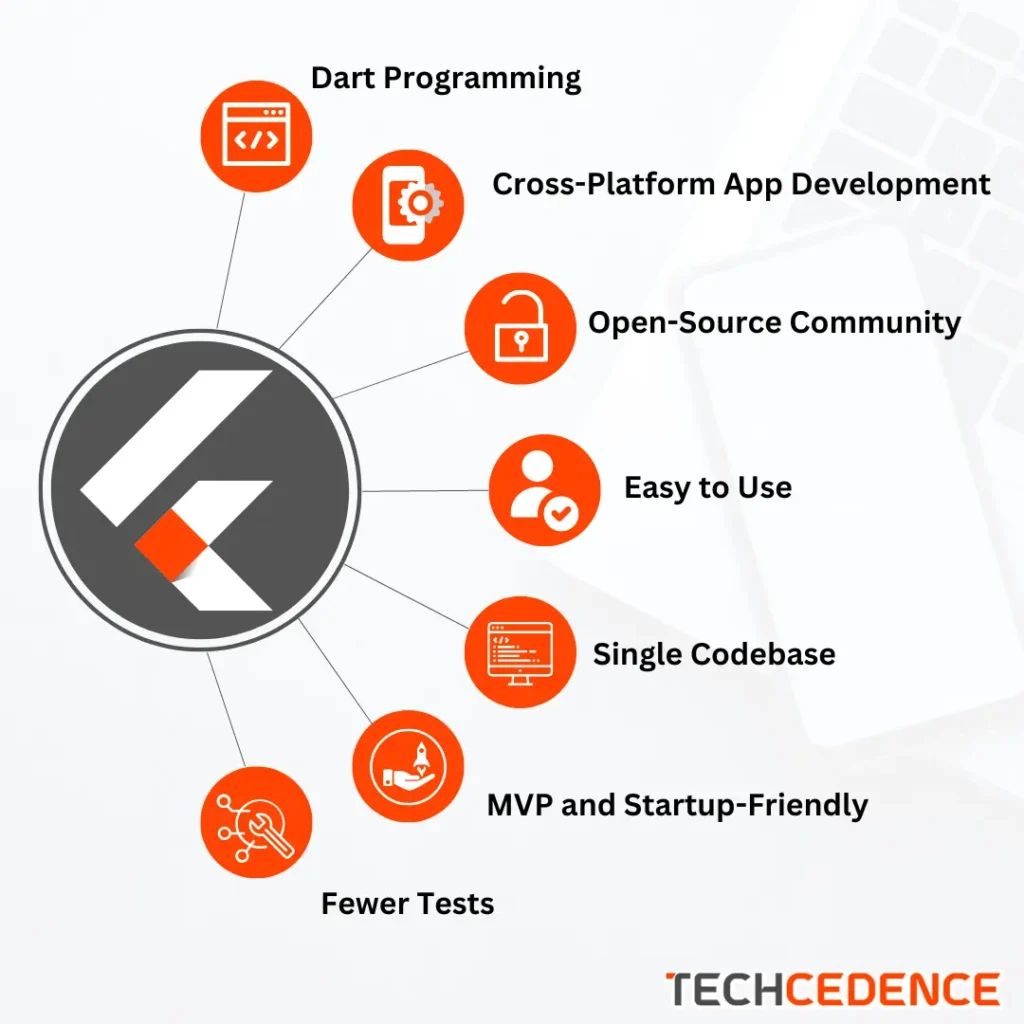
1. Dart Programming
Flutter uses the Dart programming language compiled into native code, thus referring to a crucial performance benefit. With Flutter, developers can build applications in about two to three weeks with a single project. Thus, Flutter saves a lot of development time. Additionally, Flutter’s silver layout model helps scroll other tasks quickly.
2. Cross-Platform App Development
Another of the most significant reasons why Flutter quickly proliferated across the technology space is its capability to develop cross-platform applications. While ensuring quality, Flutter offers near-native experiences. Thus, developers don’t have to develop separate applications for different platforms. Besides, it offers various widgets that make Flutter an apt alternative for developing cross-platform applications.
3. Open-Source Community
In only four years of its launch, Flutter has developed an extensive open-source community of developers. So, as a company, no worries, even if you are new to Flutter. You can seek help from Flutter developers worldwide or hire a Flutter app development company. The latter is always beneficial, as you will get prompt and accurate technical responses relevant to your context.
4. Easy to Use
Another reason many developers and companies prefer using Flutter is that it is easy to use. The programming language has widgets that enable developers to see the code in a readable format. They are intuitive as they allow developers to see the code immediately, thus saving time on UI factors. That also makes Flutter easy to maintain.
Besides, since Flutter enables cross-platform development, you can have a single application and operate across the iOS and Android platforms. That refers to tapping into the traffic and prospects from both these platforms at a single development cost!
5. Single Codebase
That’s pretty much the next point. Since Flutter supports iOS and Android, developers can use a single codebase to create mobile applications on both platforms. Flutter also allows developers to create customized widgets and designs that help uniformize the application’s appearance across multiple platforms. So, with Flutter, you will deliver a consistent user experience, no matter the platform your user uses.
6. MVP and Startup-Friendly
As a startup, you would want to test your idea via an MVP or a prototype to know whether it will work or not. However, developing an MVP often takes time, thus fizzling out the steam of your idea. But Flutter can help you do it relatively quickly, allowing you to develop an MVP with fewer complications and minimum cost.
7. Fewer Tests
While using native components, you will have to run the same test for all the platforms. But with Flutter’s single codebase, the number of tests you perform reduces by about 50 percent, thus saving time, effort, and costs involved in conducting tests multiple times.
Flutter’s exponential growth and popularity, along with its benefits, make it a preferred cross-platform application development. You’ve already seen that. So, if you also are looking to develop Flutter applications, you have Techcedence at your service.
We are a leading Flutter mobile app development company. Our unmatched expertise and experience in developing robust, scalable, and custom cross-platform applications make us a Flutter app development company you can bank upon. Write to us at sales@techcedence.com to connect with our Flutter consultants and experts.


